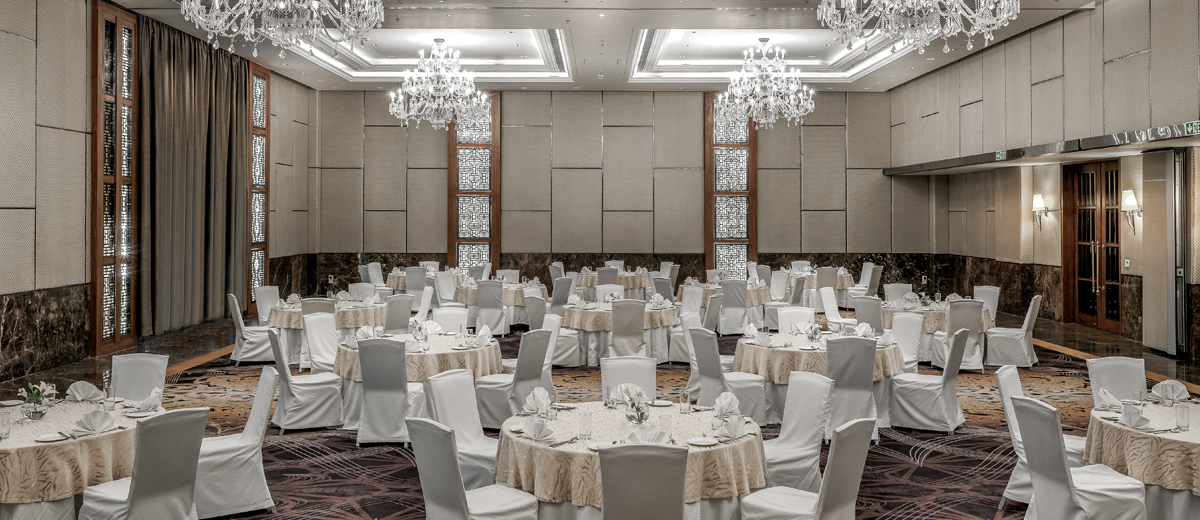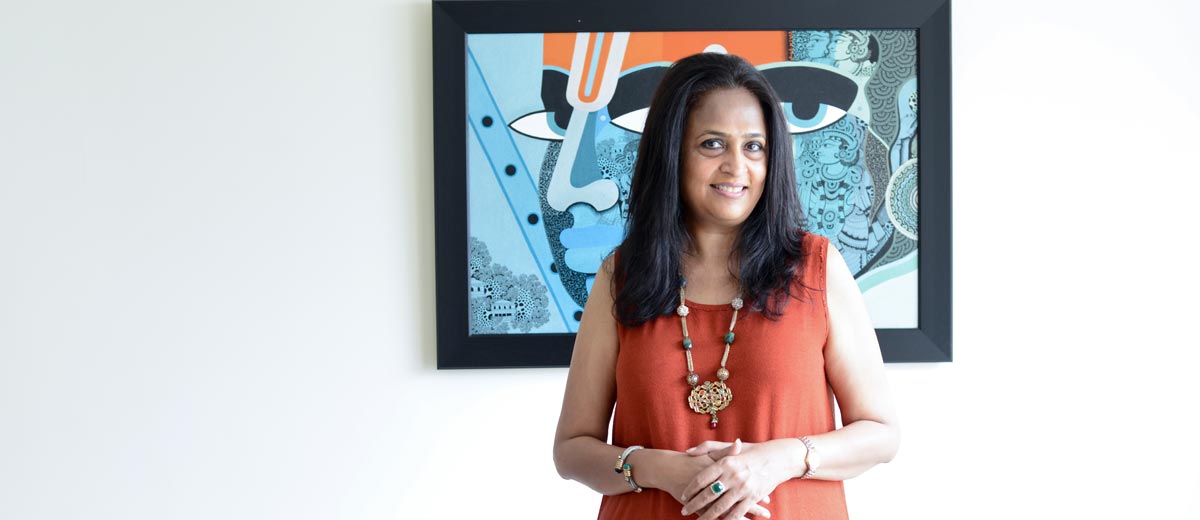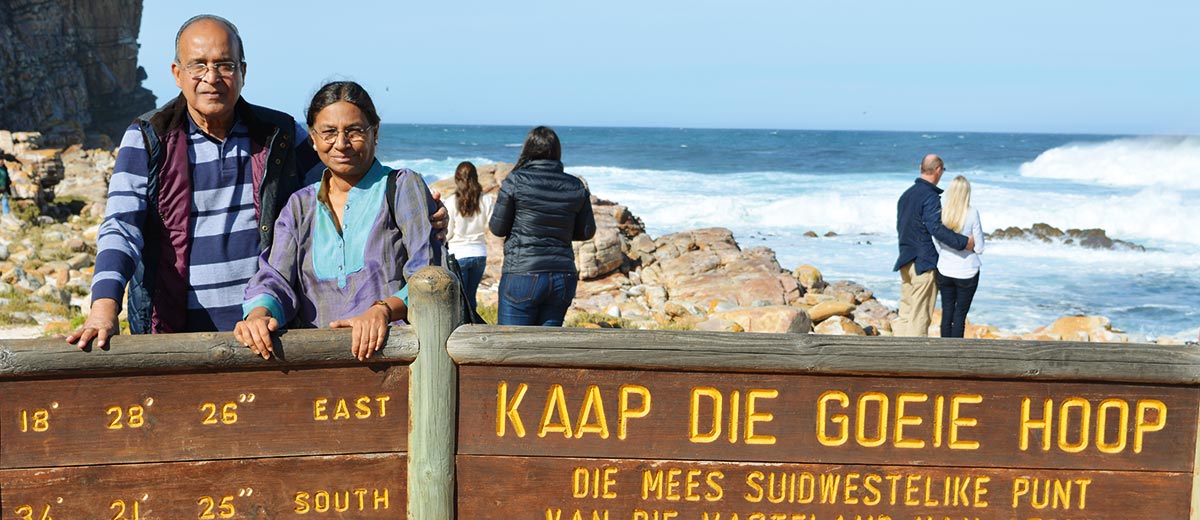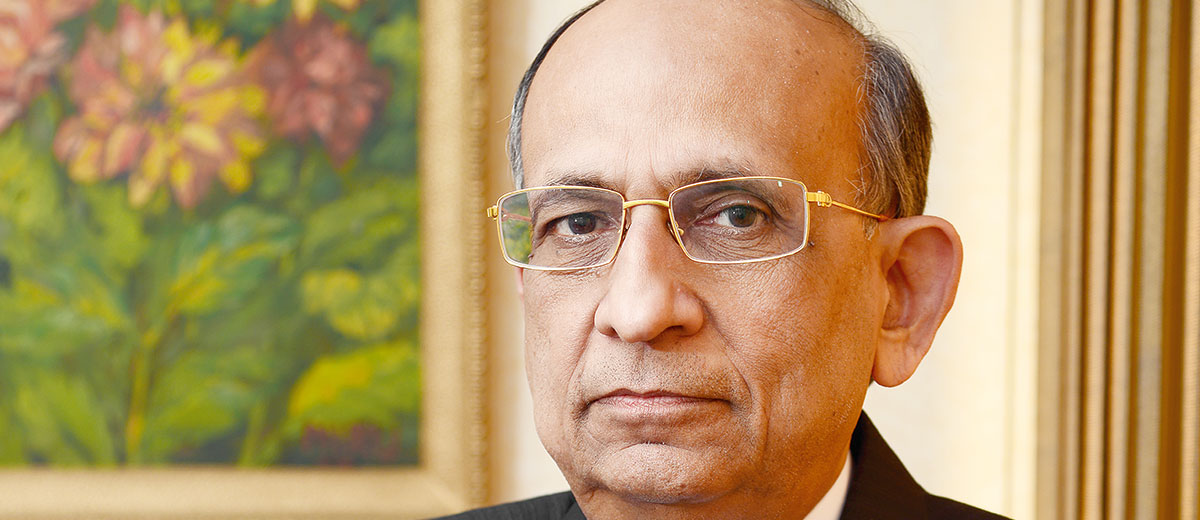
A Man for All Seasons
Happiness drives success; it’s not the other way round. The rigours and challenges of entrepreneurship can wear out a person over time, but one needs to keep moving forward and work towards achieving happiness by smoothing out the business processes and systems, adopting client-attracting strategies, putting into place routines and building inner support. There is really nothing to hold one back from achieving one’s business dreams or living a life of happiness. Krishna Kumar Pittie has time and again reiterated these guidelines for success during moments of introspection, as he moved from one entrepreneurial venture to another.
Pittie, 54, is the chairman of the Mumbai-based Pittie Group, a conglomerate with diverse interests, including media, entertainment, e-commerce, fast-moving consumer goods (FMCG), wellness and quick service restaurants (QSR), apart from the core real estate business. “For me, doing business means keeping my spirits high in the midst of stress. It is said that a Marwari businessman experiences happiness several times during a day, especially during moments when an order comes in, when a consignment is delivered successfully, when a client makes a payment and when he sees his business growing on an overall basis,” he says with a smile.
Business in the blood
Born in 1961 in Jodhpur, Rajasthan, Pittie was one among three brothers and seven sisters. Though the family had its roots in Nagaur, a district in western Rajasthan, they lived in Jodhpur, where the family owned several businesses, including textiles, finance, retail and silver. His father, Ramdev Pittie, had a groundnut oil trading business in Rajkot, Gujarat. Recollecting, Krishna Kumar says, “Back then, it was the only Marwari-owned shop housed within the Rajkot Satta Bazaar [Rajkot Commodity Exchange].”
For K K Pittie (as he is widely known), his initiation into the world of business occurred when he joined the family business right after graduating with a BCom (Hons) degree from Jodhpur University. “It had been 20 years since my father had started his groundnut oil company [named Ramdev Pittie & Company] in Rajkot,” reminisces Pittie. “My uncle would supervise the day-to-day operations there, and when he separated, my father suggested that we should shut down the business. I was in college and didn’t agree with his opinion, particularly since the company was named after him. It was then that I thought ‘why not go to Rajkot and handle the business myself?’” His father agreed, and in 1980, a barely 19-year-old Pittie took the helm of the family concern in Rajkot.
For a patriarch, passing the controls of his business to the next generation can be tricky, but Pittie talks about how his father gave him the independence to take day-to-day decisions of the business. Pittie says, “From a business perspective, my father would always say: ‘Do what you think is best for the company. If there is any problem or you are in need of guidance, then you may approach me’.” “I lived in a business, so to say,” continues Pittie, reflecting the familial and social conditioning that Marwari families seem adept at when preparing future generations for business. He taught himself to do business in those days, even branching out by purchasing bauxite mines in Gujarat. What worked to his advantage was his speed in rectifying mistakes, and what Pittie refers to as ‘the beauty of youthfulness’: “You just want to do better than what you did yesterday and enjoy doing it”.
Moving to Mumbai
As someone who consciously chose the paths he believed were right for him, Pittie, in 1982, decided to leave Rajkot and shift base to Mumbai with his family. “The family’s silver retailing business, called Shri Vallabh Ramdev Pittie & Co. [named after his grandfather Shri Vallabh Pittie and his father] was in Mumbai, and I focused on it,” says Pittie. Two years later, he branched out as a major distributor of stainless steel for Jindal Steel, a relationship that ended a few years later when the company’s manufacturing facility in Mumbai stopped making stainless steel and switched to regular steel.
Striking out on his own
In 1989, Pittie began marketing steel manufactured by SRS Steel. “I was the sole distributer in western India for the company, and at one point of time, was selling nearly 40,000 tonnes of steel per month for them,” he reveals. The same year, Pittie decided to separate from the family business and float his own company. And so the Pittie Group was launched, with a small office at South Bombay’s posh business district, Nariman Point. “I began with just four employees, and today the group has a workforce of 400, spread across 12 states of India,”
he says.
The years 1989-1995 saw a boom in the property market in Mumbai, and Pittie, with his ability to convert opportunities, wasted no time in taking his first steps by unveiling Victoria Enterprises, the real estate arm of the group, in 1989. He bought a plot at suburban Kandivali for his very first project—a 10-storeyed residential building with a total area of 50,000 sq-ft.
When asked about those days— considering that he had no prior experience in real estate—Pittie says that he’d just been open to taking risks and putting himself through every learning experience that came his way, or was thrust upon him by circumstances. Today, Victoria Enterprises has developed more than 15 residential buildings, hotels and commercial parks in Mumbai. Over the years, it has also ventured into the real estate market of Jodhpur.
Meeting the yoga guru
An event that would profoundly influence the direction of Pittie’s life occurred in 2004, when he met Baba Ramdev, a spiritual guru best known for his mass yoga camps and for espousing India’s ancient herbal medicinal system, Ayurveda. “A family friend introduced me to Baba Ramdev. I was left impressed by his knowledge and work pertaining to yoga, and went to Haridwar with my wife to attend his seven-day yog shivir,” he says. He managed to convince the guru to visit Mumbai and conduct a shivir for the city’s residents. This was the very first yoga session conducted by Baba Ramdev in Mumbai, and the Pittie Group organised it singlehandedly at the Bandra Kurla Complex in Mumbai. “Almost 40,000 people attended the morning session, and another 40,000 turned up in the evening,” Pittie says.
A tryst with media and entertainment
A constant yearning to try new things and an itch to diversify his business—which hitherto had stood him in good stead—compelled Pittie to purchase the Indian spiritual TV channel, Sanskar TV, in 2010. He says, “When Sanskar TV was put up for sale, Baba Ramdev told me, ‘Pittieji, you should buy it’. I agreed, and the Pittie Group acquired the channel in 2010.” Pittie’s strong sense of business kicked in, and today, Sanskar TV is a leading channel in India, wholly devoted to religion and spirituality. “It also helped that Baba Ramdev was there to offer guidance with regard to the content,” says Pittie. Sanskar Patrika, a monthly spiritual magazine in Hindi, was also launched, and Pittie’s wife, herself a major in Hindi, worked as its editor for a while.
It was the desire to broaden the visibility and spread the business risks that pushed the group to create a subsidiary, Victoria Entertainment Pvt Ltd. It was aimed at developing, producing, marketing and distributing Hindi, Marathi and Bhojpuri films, in addition to documentaries and mainstream features. Some of their more popular projects include Adla Badli, a Marathi film released in 2008, and Love Khichdi, a Hindi film released in 2009.
While the recent spurt in interest in spirituality in urban India has ensured that devotional channel surfing is not limited to Sunday mornings, the Pittie Group, with the aim of creating a ‘socio-spiritual’ platform that would attract much younger viewers, will be launching Shubh TV next year. Pittie explains, “Instead of being just a platform for spiritual discourses, Shubh TV will offer youth-friendly programmes that vividly portray India’s heritage and are more informative and entertaining, but within the realm of spirituality. For example, the Bhagavad Gita can be presented to the youth in a way that helps them understand its relevance today.”
Venturing into the FMCG sector
In 2011, the Pittie Group forayed into the FMCG market—by entering into a partnership with Patanjali Ayurved Limited (PAL)—to become the Mumbai distributor for Patanjali’s general trade business and a pan-India distributor for its modern trade segment. Patanjali, the brand, is present in almost all categories of personal care and food products. Its offerings are pitched as ‘swadeshi’ and adhering to Ayurvedic traditions.
Patanjali registered a turnover of about R1,200 crore in 2015, and in the current fiscal, according to Pittie, the brand is expected to touch a turnover of R2,000 crore. “Patanjali has become the fastest growing FMCG brand in India. The products are sold in 400 stores and we plan to take it to 1,000 by 2016,”
Pittie adds.
Funding startups
Believing that very few people get the opportunity to create their own brand, and enthused by reports about the substantial number of “great ideas” being generated in India, Pittie, in 2014, decided to encourage and enable startups. He picked up a 50 per cent stake in Yogurtbay, a frozen yogurt brand in the QSR category, promoted by entrepreneur Robin Chatterjee. Pittie’s son, Aditya—who joined the business in 2005 and is now the CEO of the group—became a director of Yogurtbay. “What began in 2011 with a 90 sq-ft store at Bandra, Mumbai, has now expanded to 10 stores across Mumbai, Pune, Hyderabad, Bhopal and Cochin. By 2016, we hope to add 15-20 more stores,” Pittie says. The funding also helped expand Yogurtbay’s newly-launched segment called Wafflebay. In July 2014, Mumbai-based Chargein, a startup which manufactures uniquely shaped smartphone power banks, secured its first round of funding from the group.
Going online
Earlier this year, the Pittie Group unveiled shubhkart.com, an e-commerce portal for spiritual goods. Since the group owned Sanskar TV, Pittie says Shubhkart was a natural progression into the online retail space—a sector that has flourished and continues to expand every year. “Shubhkart offers more than a lakh certified spiritual products; it works on a zero-inventory marketplace model and has more than a hundred sellers on board,” says Pittie.
Outside the boardroom
Krishna Kumar Pittie’s biggest decisions in life have all been driven by instinct. He is also a man for whom culture is extremely important. “Building culture within the company is about treating employees as family. In my company, on every second Saturday, we organise a sports day where each and every employee is encouraged to participate in indoor and outdoor games,” he says.
So what does the future hold for him and the Pittie Group? “We are concentrating on extending the reach of Patanjali’s products and shubhkart.com, opening new outlets of Yogurtbay across India and preparing for the launch of Shubh TV in January next year,” signs off Pittie.









